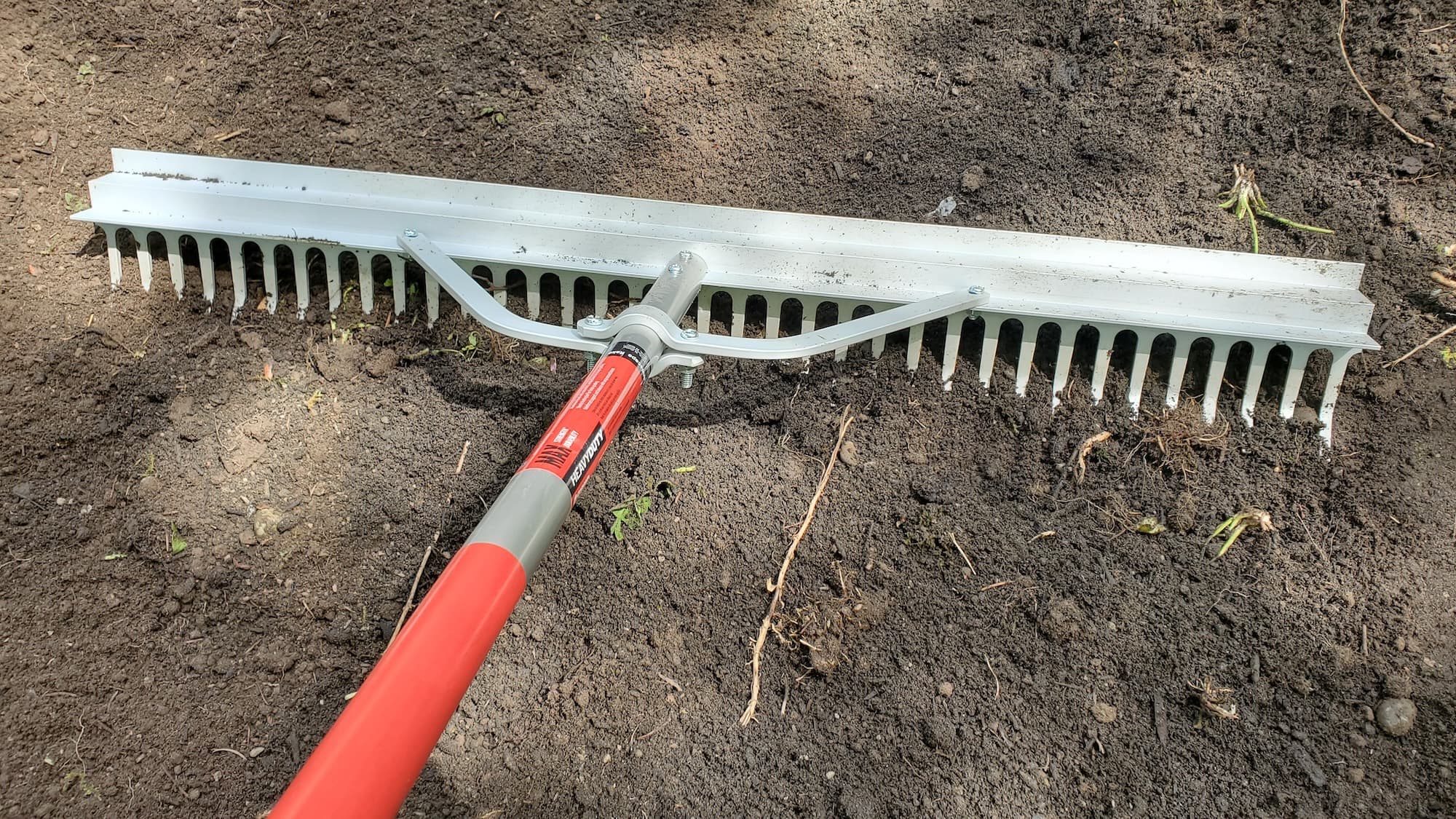West Seattle Recycling & reuse of gravel
Homeowner’s Issue
West Seattle yards face a mix of bluff-side slopes, compacted glacial soils, and heavy winter rains that turn poorly drained gravel into mud and weeds. Many properties — from Admiral hilltops to bungalows near Alki and the rain-shadow pockets around Lincoln Park — show the same problems: leftover construction gravel, mixed-size aggregate, embedded organic debris, and spreading moss or ivy in shaded beds. Narrow driveways and steep access points make hauling new material or disposing of old gravel expensive and disruptive. HOA guidelines and neighbor sightlines often demand tidy edges and low-profile, permeable surfaces rather than bare soil or invasive groundcover.
Seattle’s rainfall pattern (wet winters, short dry summers) pushes homeowners to prefer materials that help drainage while resisting washout and weed pressure. Reusing on-site gravel can cut costs, reduce truck trips over narrow streets, and keep local landfill load down. The trick is cleaning, grading, and re-layering gravel so it performs: correct base, compaction for driveways, and edge definition for curb appeal. Sustainable approaches — manual sorting, screening, pressure-rinsing, and fabric or organic mulches — stop weeds without herbicides and produce durable, low-maintenance results tailored to West Seattle microclimates.
Our Quality Service
We reclaim, clean, and reinstall gravel using sustainable methods only — no herbicides. We assess material on-site, screen and wash reusable aggregate, regrade for drainage, and compact to spec for paths or driveways. For tight access we use mini-excavators, sifters, plate compactors, and pressure washers; for pedestrian jobs we rely on hand tools and sifters to avoid heavy machinery.
Typical timelines:
- Small patios or pathways: 1 day.
- Driveway refresh or larger reuse: 1–2 days.
- Full property reclaim + haul: 2–4 days depending on access and volume.
Local insight: West Seattle’s topsoil and glacial till need a clean, permeable base and proper slope toward rain gardens or drainage swales. We account for seasonal rain, avoid compaction that worsens runoff, and offer water-wise topping that reduces summer watering needs. Benefits include improved safety against washouts, better curb appeal, lower maintenance, and fewer truckloads hauled away.
What’s Included
- Site assessment and material suitability check.
- Hand or mechanical extraction of existing gravel.
- Screening and washing to remove fines and organics.
- Regrading for correct slope and drainage.
- Reinstallation and compaction to intended use (path, bed, driveway).
- Edge definition with recycled pavers or timber if requested.
- Debris removal; green hauling or customer-directed disposal.
Options / Upgrades:
- Weed barrier fabric + top-layer of recycled gravel.
- Organic weed control (manual removal, solarization, corn-gluten-based pre-emergents if requested).
- Mulch transition zones for plant beds.
- Haul-away vs. green bin drop-off (we can quote both).
- Rain-garden tie-in for problem drainage areas.
Before & After / Expectations
Expect noise, dust, and some yard traffic during work days; we protect plants and place mats for heavy equipment when needed. Access limitations (narrow streets, steep driveways, or permit-only parking near Alki) can add time and cost; we’ll flag that in the estimate. After work: compacted surfaces will settle slightly — plan on a light top-up seasonally.
Care tips for West Seattle:
- Rake gravel annually in late spring to redistribute fines from winter rain.
- Inspect edges after heavy storms; repair small washouts quickly to avoid larger fixes.
- Weed pressure peaks in spring and fall; hand-weeding or sheet-mulching works well without chemicals.
- In shady north-facing spots, expect more moss — improve airflow and sun exposure where possible or use coarser aggregate.
FAQs
Q: Can my old driveway gravel be reused?
A: Often yes. If it’s not full of concrete, excessive fines, or organics we can screen and recompact it for continued use.Q: How long before the area is usable?
A: Walkable the same day for paths; driveways may need 24–48 hours after compaction, depending on moisture.Q: Do you use herbicides?
A: No. We use mechanical, organic, or solar methods only.Q: Will you haul debris away?
A: Yes — choose green bin drop-off, haul-away to a transfer station, or leave sorted gravel on-site.
Call to Action
West Seattle homeowners: get a practical, sustainable plan that saves material and looks right for your block. We offer quick scheduling, clear quotes, and local know-how around Alki, Lincoln Park, and Admiral. Free estimates include a walk-through and photo-based quotes for tight-access jobs.
Email to book or get a free estimate: neatandtidyseattle@gmail.com
Phone: 206-538-9344
Ready to reuse what you already have and cut costs sustainably? Let’s set a time.










